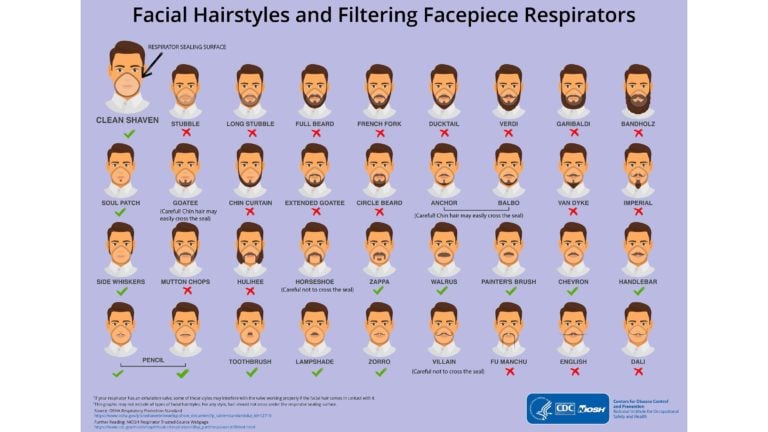With coronavirus scaremongering sky-high, chances are you’ve probably seen (mis)information concerning Covid-19 and tips to help prevent and even diagnose it. There are a bevy of tips on social media from the 10-minute Taiwanese breathing self-check test to Japanese doctors advising people to take sips of water to ensure the virus doesn’t enter the windpipes.
The World Health Organisation has even released a series of infographics with the aim of debunking the myths surrounding the virus.
Greek Australian GP Vicki Kotsirilos has experienced people’s concern first-hand, and she points out that Dr Google is not a good counsellor at the moment. “Not everyone can hold their breath for 10 minutes so this is not an appropriate assessment of the virus,” she told Neos Kosmos. “The virus is airborne, and caught through exposure from respiratory drops, so sipping water throughout the day will make no difference.”
Dr Kotsirilos has been visited by numerous patients asking about prevention. “Some come in with flues and ask if it is coronavirus,” she said. Others, just want to know if it is wise for them to travel.
“My trip to Greece will be cancelled if there is a pandemic in Greece in July and August. It is still watch and wait. Other than China, you don’t have to cancel your trip to any other country at this stage but it depends on where you are going. Currently the Australian Government will not allow any travel to China but we are witnessing spread of the virus in other countries such as South Korea and Italy. So keep an eye on the Australian Government website for advice on where you are travelling in case there is a growing pandemic of coronavirus in other countries you are travelling too.”
READ MORE: First coronavirus case confirmed in Greece as country prepares for possibility of more cases
She says that the same principles apply to coronavirus as any other virus. Her tips are as follows:
• If you have flu or respiratory symptoms – isolate yourself. Stay home and rest. Don’t go to work, school, social functions etc to avoid spread of any virus.
• If you are unwell and need to visit your GP or doctor, let the receptionists know in advance before you arrive to provide you a mask and isolate you away from the waiting room from other sick patients.
• Avoid direct contact with other people if you are unwell eg touching, kissing, hugging or other forms of intimate contact. For example don’t go and visit other people such as elderly in nursing homes or unwell people in hospitals as they are the most vulnerable groups to becoming seriously unwell with coronavirus.
• Wash your hands frequently with soap and water particularly after toileting and before/after eating.
• Cover your nose and mouth whenever you cough or sneeze using your elbow, scarf, a handkerchief – dispose of tissues carefully.
• Surgical masks in the community are only helpful in preventing people who have a flu or coronavirus disease from spreading it to others. If you are well, you do not need to wear a surgical mask as there is little evidence supporting the widespread use of surgical masks in healthy people to prevent transmission in public.
• Wearing a surgical mask can help the prevention of spread of any virus – we provide this to all patients suspected of having a virus and are isolated from patients in waiting rooms to avoid further spread from infection. We also provide masks to high risk patients to take home with them.
• Isolation for 14 days if suspected infection is the key.
• See your GP if you are not sure for advice.
Beards and masks
The US Centre for Disease Control and Prevention (CDC) has issued an infographic warning that facial hair may influence the effectiveness of breathing respirators. But not all facial hair has been banned. For instance, side whispers, soul patches, lampshades and handlebar moustaches do not affect the virus, however stubbles, full beards and mutton chops are viewed as a risk by the CDC.
READ MORE: Latest updates on the coronavirus from Greece: Italy sparks fears











